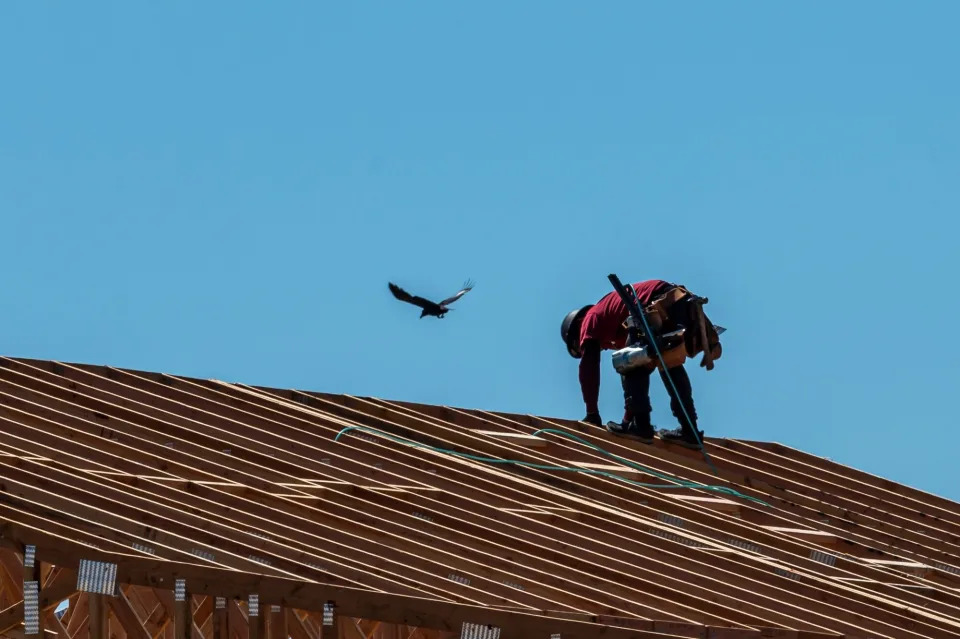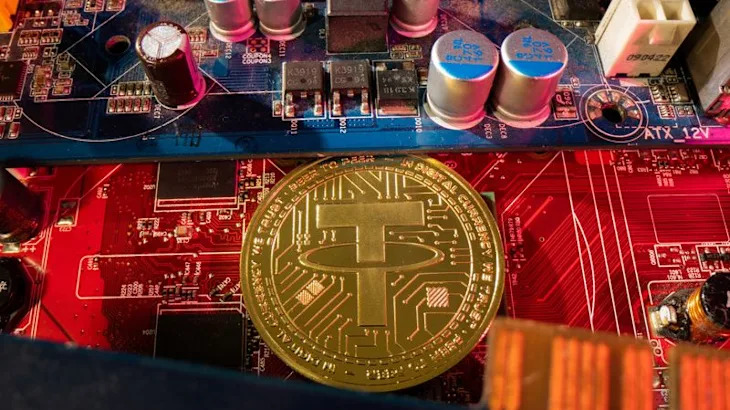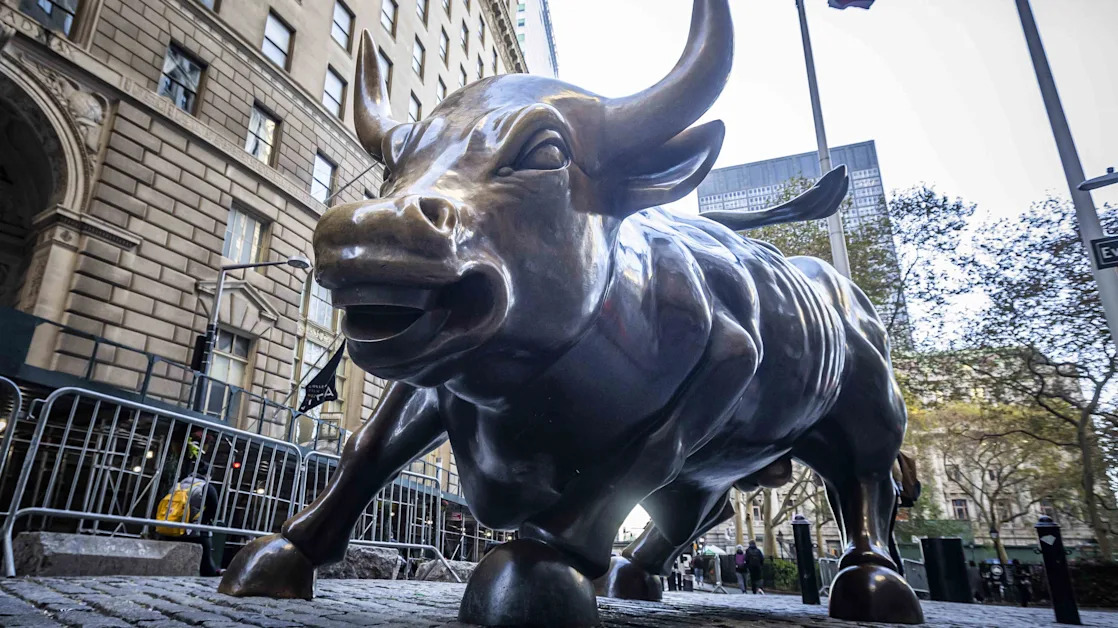Malaysia is banking on “being open, on being neutral, and on being competitive” to navigate geopolitical tensions, says the Southeast Asian country’s economic minister in an interview with Fortune.
The world’s two largest economies have been fighting a trade war since 2018, when then-President Donald Trump imposed sweeping tariffs on Chinese imports. President Joe Biden largely preserved the tariffs, then added new controls of his own.
The trade war has helped funnel investment to economies in Southeast Asia, like Vietnam and Malaysia, helping to boost their exports. Yet Trump’s return to the White House—and his promises to once again upend the global trading system— could hinder that growth trajectory.
“We need to double down on being open, on being neutral, and on being competitive,” Malaysia's Minister of Economy Rafizi Ramli said in an interview with Fortune on Wednesday in Kuala Lumpur. “Defending global trade is very important to us as a country.”
Both U.S. and Chinese companies have invested in Malaysia, with the country representing neutral territory as relations between Beijing and Washington get worse. The country’s prime minister Anwar Ibrahim has previously touted Malaysia as a “non-aligned” home for chip companies.
“Whether we like it or not, the geopolitical situation is going to continue for a while. The world is going to be multipolar in the future,” Rafizi said.
Rafizi spoke with Fortune the day after Malaysia and its neighbor Singapore signed an agreement to establish a special economic zone along their common border. The zone covers both Singapore and the Malaysian state of Johor.
Malaysia and Singapore intend for the zone to play to each country’s strengths. Johor offers more land and cheaper resources to companies, while Singapore offers a higher-skilled workforce and complex capital services.
The two governments will streamline the movement of goods and people between Johor and Singapore, already one of the world’s busiest border crossings. The two governments also hope the SEZ will attract fifty projects within the first five years of operation.
The special economic zone has been in the works for over a year, being first announced in October 2023. For Rafizi, the SEZ’s agreement on Tuesday could not be more apt given the global economic climate.
“Global companies have to decide on their derisking strategy, and the natural strategy so far is to find an open trading nation that’s neutral,” Rafizi said.
Yet smaller nations don’t offer the same value to companies as larger economies like China or the U.S. That’s why Rafizi thinks joint projects like the Johor-Singapore SEZ could allow smaller countries to work together and cover each other’s shortcomings, even if it leads to the hassle of operating in multiple jurisdictions.
Both Malaysia and Singapore are part of the Association of Southeast Asian Nations (ASEAN), an international grouping of 10 economies in Southeast Asia with a combined population of 700 million.
Economists suggest the region, thanks to its young population, natural resources and connectivity with major economies like China, India and North America, is poised for rapid growth. Yet the region’s diversity in levels of economic development, type of government and cultures also poses a challenge for businesses looking to invest in the region.
Rafizi describes the Johor-Singapore SEZ as a “major example or test case” of ASEAN’s integration going forward.
ASEAN, as a bloc, has stuck with a policy of non-alignment, even as individual countries within the bloc may lean closer to Washington or Beijing. ASEAN also tries to stay out of the internal affairs of its members—a controversial decision in 2021 in the wake of the coup and resulting civil war in Myanmar, an ASEAN member since 1997.
Still, Rafizi thinks ASEAN’s model of non-interference and consensus will work for the bloc moving forward, and the Johor-Singapore SEZ could serve as a base for further connectivity.
The agreement “is a major manifestation of that belief, and it’s going to be an important test case,” Rafizi said. “If it works, I think it will be able to build faster momentum for similar integration.”





